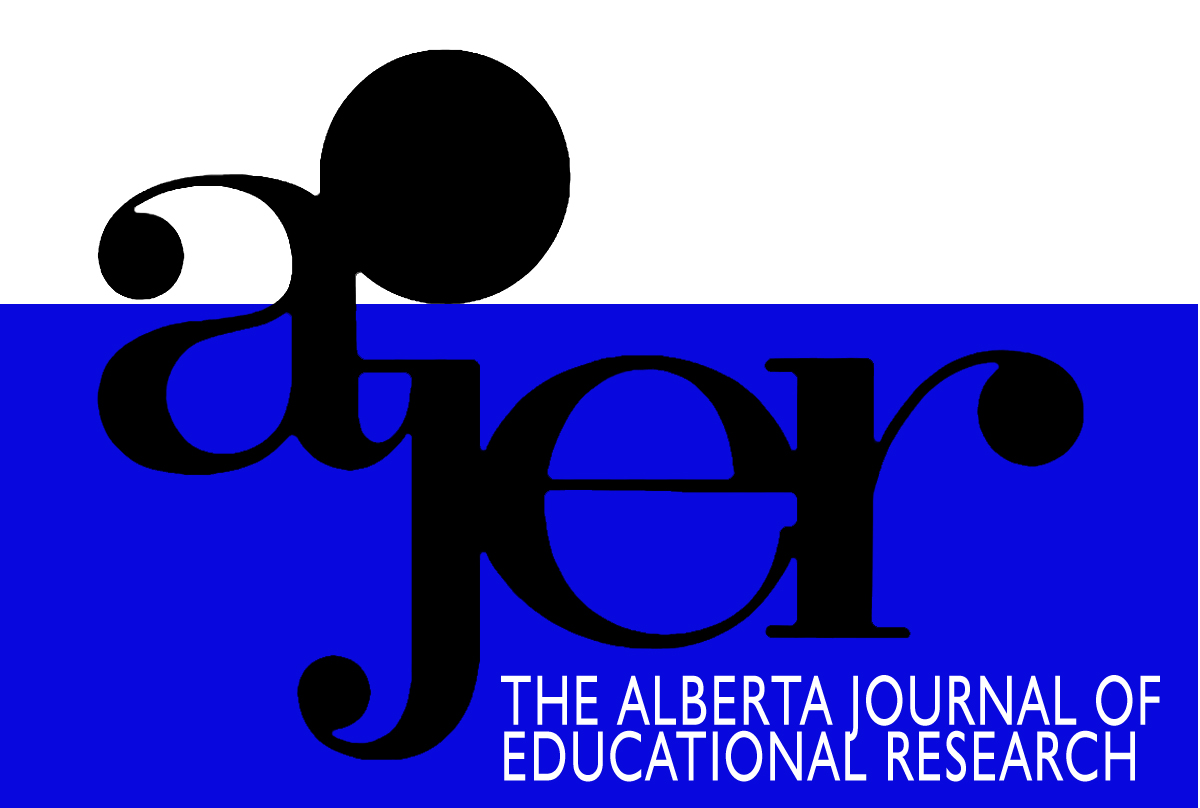Textual Analysis Speaks: Pedagogical Documentation as Relational Pedagogy
DOI:
https://doi.org/10.55016/ojs/ajer.v68i4.73402Abstract
Despite growing international interest in pedagogical documentation, there is limited research investigating this professional practice. In strengthening the knowledge base, this paper offers textual analysis of material written about pedagogical documentation to enable greater understanding of its nature and purposes. The authors of this paper analyzed the contents of three publications they also contributed to and edited. International chapter authors and commentators shared their thinking related to definitions of pedagogical documentation, its processes and potentialities, as well as elements enabling or constraining engagement. Offering richly contextualised voices within analytical categories, this paper positions pedagogical documentation as conceived in different ways for various purposes. Analysis indicates a foundation of relational pedagogy throughout the data set, an element rarely apparent in current approaches to planning and assessment. Seeing these texts as a combined data source enables a clearer configuration of this phenomenon, thus foregrounding the potential of pedagogical documentation as an empowering transformative component of early childhood settings.
Keywords: pedagogical documentation, relational pedagogy, textual analysis, pedagogical transformation, early childhood education
Malgré l'intérêt international croissant pour la documentation pédagogique, il existe peu de recherches sur cette pratique professionnelle. Cet article propose une analyse textuelle de documents écrits sur la documentation pédagogique pour permettre une meilleure compréhension de sa nature et de ses objectifs, renforçant ainsi la base de connaissances. Les auteures de cet article ont analysé le contenu de trois publications auxquelles elles ont également contribué et qu'elles ont éditées. Les auteurs de sections internationales et les commentateurs ont partagé leurs réflexions sur les définitions de la documentation pédagogique, ses processus et ses potentialités, ainsi que les éléments permettant ou limitant l'engagement. Offrant des voix richement contextualisées au sein de catégories analytiques, cet article positionne la documentation pédagogique comme étant conçue de différentes manières et à des fins diverses. L'analyse indique un fondement de pédagogie relationnelle dans l'ensemble des données; c’est un élément qui est rarement apparent dans les approches actuelles de planification et d'évaluation. Le fait de considérer ces textes comme une source de données combinée permet une configuration plus claire de ce phénomène, mettant ainsi en avant le potentiel de la documentation pédagogique en tant que composante transformatrice et autonomisante des milieux de la petite enfance.
Mots clés : documentation pédagogique, pédagogie relationnelle, analyse textuelle, transformation pédagogique, éducation de la petite enfance
Downloads
Published
Issue
Section
License
UNIVERSITY OF ALBERTA COPYRIGHT LICENSE AND PUBLICATION AGREEMENT
If accepted, authors will be asked to sign a copyright agreement with the following points:
A. Where there is any inconsistency between this Copyright License and Publication Agreement and any other document or agreement in relation to the same subject matter, the terms of this Agreement shall govern.
B. This document sets out the rights you are granting in relation to publication of your article, book review, or research note entitled (the “Article”) through inclusion in the academic journal titled Alberta Journal of Educational Research (the “Journal”) published through the Faculty of Education, representing the Governors of the University of Alberta (the “Journal Editor”).
C. There will be no payment to you for this publication and grant of rights. In consideration of the agreement to publish the Article in the Journal:
1. You are warranting that:
- the content of the Article is your original work, and its content does not contain any material infringing the copyright of others; or, where the Article is not entirely your original work, you have obtained all necessary permissions in writing to grant the rights you are giving in this agreement;
- the content of the Article does not contain any material that is defamatory of, or violates the privacy rights of, or discloses the confidential information of, any other person;
- the Article has not been published elsewhere in whole or in part, and you will not allow publication of the Article elsewhere without the consent of the Journal Editor;
- the names of all co-authors and contributors to the Article are:
2. You agree to license the copyright in the Article to the Journal Editor, on a worldwide, perpetual, royalty free basis; and to the extent required by the terms of this agreement. You shall retain the right at all times to be acknowledged as the/an author of the Article.
3. You further agree that the Journal Editor has the entitlement to deal with the Article as the Journal Editor sees fit, and including in the following manner;
- The right to print, publish, market, communicate and distribute the Article and the Journal, in this and any subsequent editions, in all media (including electronic media), in all languages, and in all territories, ing the full term of copyright, and including any form of the Article separated from the Journal, such as in a database, abstract, offprint, translation or otherwise, and to authorize third parties to do so;
- The right to register copyright of the Journal;
- The right to edit the Article, to conform to editorial policy as the Journal Editor sees fit.
4. If any co-author or contributor to the Article does not sign this agreement, the Journal Editor reserves the right to refuse to publish the Article.



